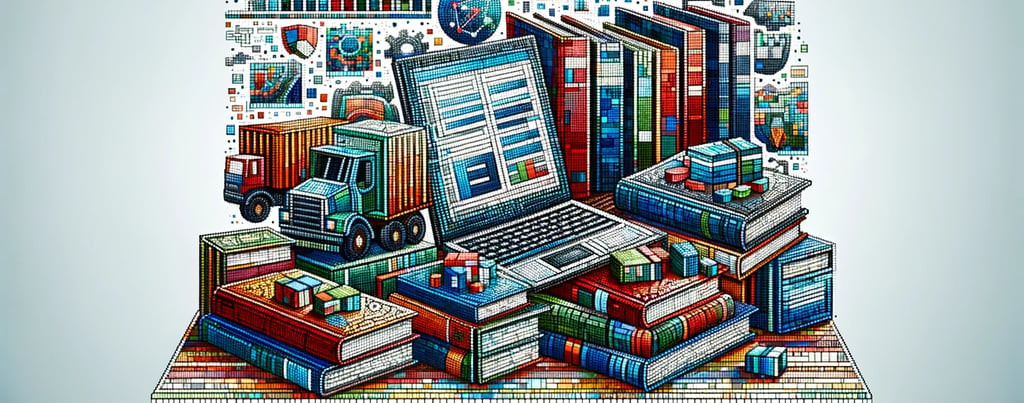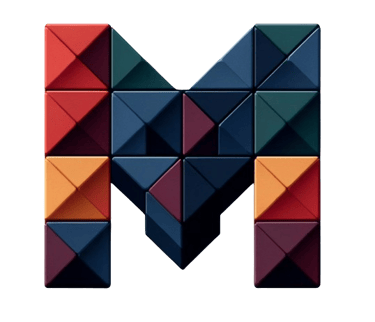5 Books I recommend to approach and learn the Supply Chain
LEARNING HUB
5/18/20243 min read


In the rapidly changing world of supply chain, staying informed is extremely important.
Some of these readings will be more suitable for beginners or those approaching this world, others instead on what is innovating the sector (artificial intelligence and Internet of Things, Omnichannel, etc.). Whether you are a student or a professional looking to sharpen your skills or simply curious about the intricacies of supply chain management, this post is for you.
Here I share my top five book recommendations that cover a wide range of topics within the supply chain discipline. From foundational texts that establish the basics to advanced insights on strategy and innovation. Immersing myself in these readings has enriched me a lot, but I would be equally curious to know which books not on this list you would recommend.
However, I always want to remind you that supply is a function where you learn practically everything by working. Practicing as much as possible in one of the functions, and then moving or specializing in a specific area.
But these readings are still useful in approaching the sector, in having a connection and in learning the basics or what happens... and why the products are present on the various supermarket shelves!
Introduction to Supply Chain Management: Books for Beginners
The world of supply chain management and transport logistics can seem complex and vast for those approaching this field for the first time. However, there are numerous books that can facilitate the learning journey by providing a solid foundation of knowledge. These texts are ideal for students, recent graduates and anyone wishing to pursue a career in this field.
One of the most complete and essential books is “Essentials of Supply Chain Management” by Michael H. Hugos. This text is known for its clarity and simplicity, making the basic concepts accessible even to beginners.
Hugos explores the fundamental components of the supply chain, explaining key terms and introducing initial strategies for supply chain management.Another essential book is “Logistics & Supply Chain Management” by Martin Christopher. Christopher offers a comprehensive overview of logistics practices and supply chain management techniques. The text is enriched with practical examples and case studies that help the reader understand how to apply the theories in business reality.
For those looking for an educational novel, I highly recommend, “The Goal” by Eliyahu Goldratt is an excellent choice. Introduce the principles of the Theory of Constraints through the story of a factory manager dealing with production problems. Through incisive dialogue and realistic situations, Goldratt explores how to significantly improve business performance by focusing on a few strategic changes.
This reading is a cornerstone of the modern world of supply chain, “The Box: How the Shipping Container Made the World Smaller and the World Economy Bigger” by Marc Levinson, the container, has completely transformed the logistics sector, and has enabled changes even in manufacturing, then giving rise to the birth of different production methodologies and the growth of other functions of the supply chain.
This latest book delves into the intricate world of supply chains, starting with the disruptions of 2020 due to well-known causes... and the key role of artificial intelligence and technology.
“The Magic Conveyor Belt: Supply Chains, A.I., and the Future of Work” by Yossi Steffi, reveals the complexity of global supply chains and how they have successfully managed the crisis through agility and resilience. He explores the integration of AI into supply chain management, emphasizing not the displacement of human jobs, but rather how AI could augment and evolve roles within the industry.
Some of these books represent an ideal starting point for those approaching supply chain management and transport logistics, providing the skills necessary to confidently continue along the path of learning and professional development.
While the latter can be an excellent in-depth study and can greatly stimulate the reasoning and the approach of professionals in the sector to technologies, which in the future will be a support and not necessarily a threat.
Thank you for viewing this content, see you in the next post (I hope to be more present and bring you more content).


